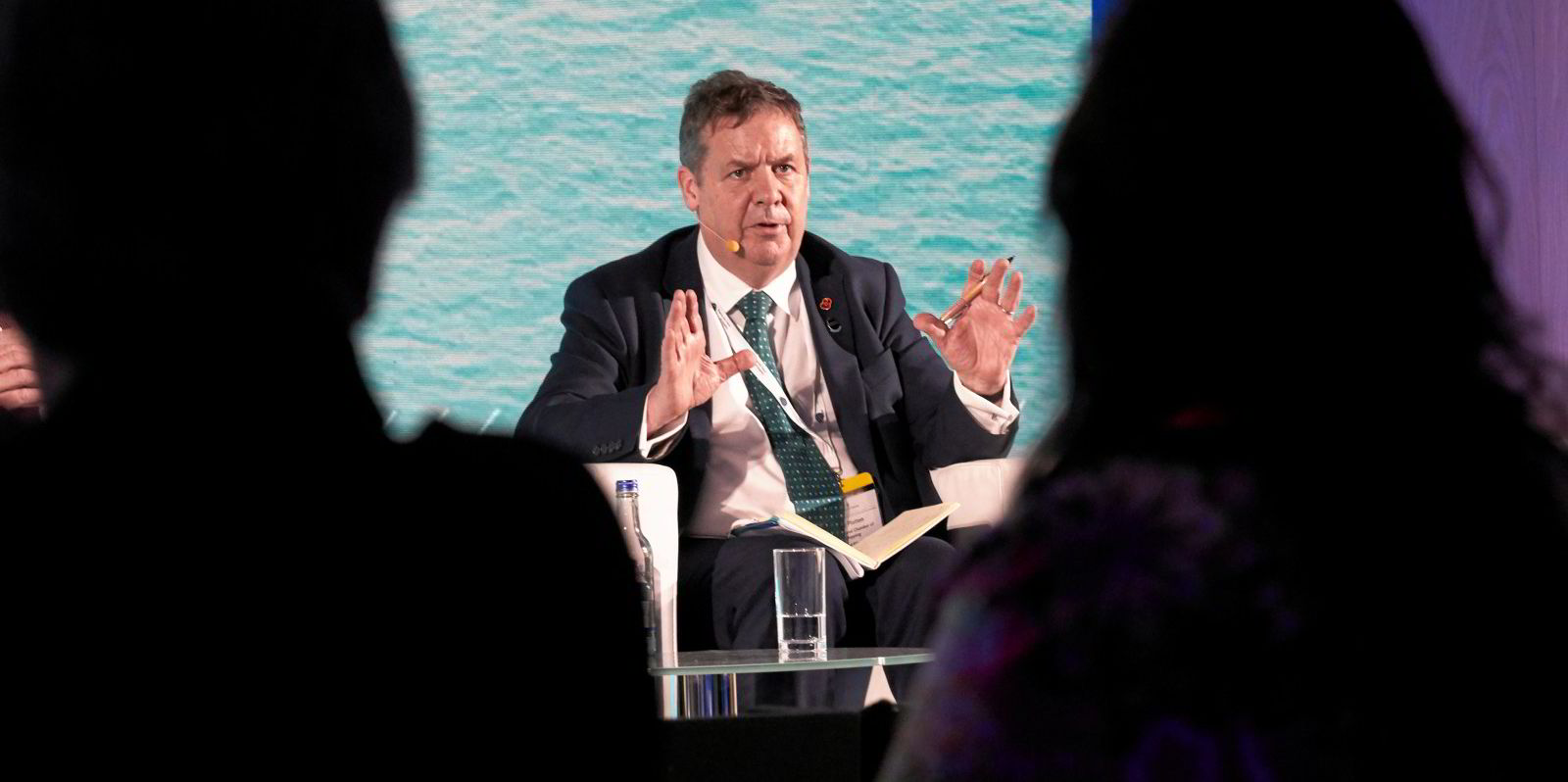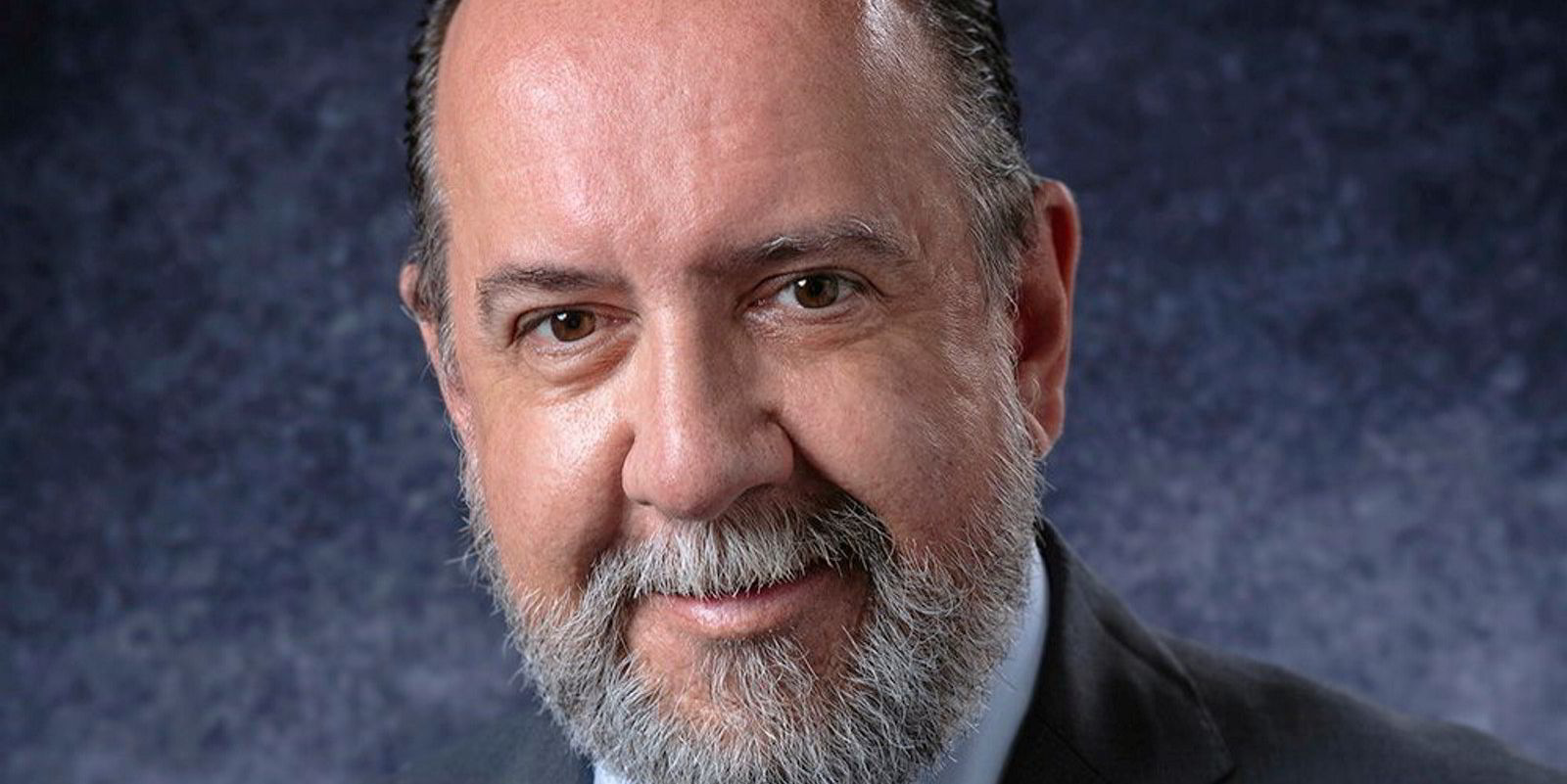As the global economy begins to transition away from traditional fossil fuels, governments are making major announcements about supporting hydrogen and other low-carbon fuels.
But there is little discussion of the need to have sufficient ships to move these fuels and the infrastructure required at ports to make this transition possible.
We will need a vast amount of clean energy produced in different parts of the world, particularly in proximity to ports, and a strong alignment in the decarbonisation timelines and investments across sectors.
This is not simple. According to the International Energy Agency, the world is going to need almost 18 times the amount of renewable energy currently in production by 2050 to fulfil global needs.
Often, investment to get there is little more than a kite-flying exercise for governments and industry. In the past few years, little publicly announced green fuel investment has progressed beyond the theoretical. This needs to change.
Global decarbonisation will require investment and, equally importantly, coordinated public-private actions across many sectors. Shipping is a big part of this, but it is not alone. From energy providers, port operators and managers to logistics providers and shipowners, everyone has a vital role. More frequent dialogue and knowledge sharing at an executive level must ramp up so that maritime can play its part.
It was encouraging then, that representatives from the energy sector, ports and shipping joined 29 energy ministers from the world’s leading governments at the Clean Energy Ministerial in Pittsburgh, Pennsylvania, last month.
The ministerial concluded with an announcement that the United Arab Emirates and Canada would participate in Clean Energy Marine Hubs Initiative. This is a shared base for information and knowledge to take the decarbonisation actions needed to create a supply chain fit for a green-fuel future.
This will simply not be possible without government involvement from an early stage. With a fair wind, Canada and the UAE will set an example for others to follow. We’ve already seen further support from Panama, Norway and Uruguay, and more countries are expected to join soon.
The growing public and private coalition shows the type of joined-up thinking between sectors that the global energy landscape requires. It is vital to derisk investment in alternative fuels and technologies, and to accelerate their commercial deployment, if we are going to make progress at the scale required.
Ports are, by virtue of their fixed role in the supply chain, in a prime position to do so much more than serve ships the fuels of the future. With the joint collaboration of shipping, energy extractors and governments, ports can be the clean maritime energy hubs that catalyse the wider energy transition and shipping’s decarbonisation.
Yet further government and institutional support is essential to provide the reassurances the private sector needs to invest in zero-carbon fuels and onshore power provisions.
Many port communities are reluctant to risk investments in clean energy infrastructure and related facilities without public sector support. This will help eliminate the chicken-and-egg scenario many of them face with the different fuel options on the table.

Shipping, of course, has a key role to play too. It will underpin the cost-effective transportation of low-carbon fuels around the globe — ships are expected to transport at least half of low-carbon-emission fuels by 2050. But the marketplace for these fuels will be worldwide, and all manners of industries will need them.
Individual sectors looking to lead a charge towards green fuels may struggle with the high costs of production, the challenges in funding the infrastructure and the availability of resources for supplying zero-carbon power. But together, it will be possible to collaborate, share best practice and understand the needs of different stakeholders along the global supply chain.
To succeed, we need to target our activities towards the transition of the whole zero-emission fuels market. All stakeholders in the maritime value chain must work with governments now, to help identify clean energy maritime hubs, derisk green investments and prepare the global supply chain to be ready for the future fuel transition.
Guy Platten is secretary general of the
International Chamber of Shipping.
Patrick Verhoeven is managing director of the
International Association of Ports & Harbors
Do you have an opinion to share?
Email: news@tradewindsnews.com





